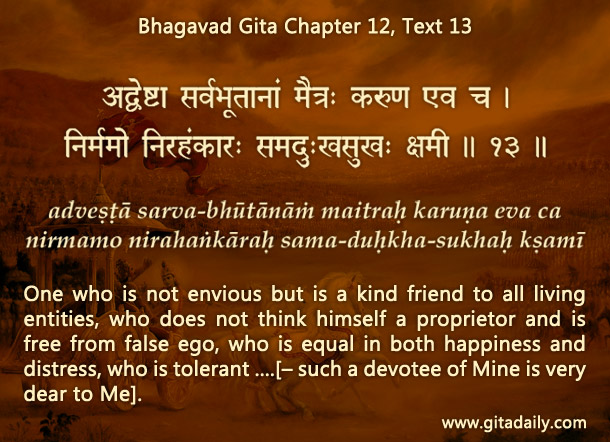In today’s multicultural world, being nonjudgmental is highly valued. But some people, specifically those who value the capacity to make judgments,may express some reservations, “In the rush to be nonjudgmental, we may end up becoming sentimental and not make the judgments necessary for functioning effectively. For example, if we don’t make the judgment that taking drugs is bad and that drug users can have a toxic influence on us, we may ourselves end up becoming drug addicts.”
While their concern is valid, their application needs to be re-examined. Their concern is valid because being nonjudgmental is certainly not meant to mean deriding or dismissing the capacity for making judgments. To thrive or even survive in life, we all need to develop that capacity. And to that end, we need the association and guidance of those with that capacity.
But beyond that capacity, we need the maturity to realize and remember that our judgments shouldn’t be irrevocable because people are changeable. Otherwise, we may end up affixing permanent labels on people and fail to consider their complexity and their potential for transformation. Just because someone has circumstantially succumbed to drugs doesn’t mean they are inherently weak or irresponsible. Worse still, we may label not just specific people but also the entire demographics they belong to. Such judgementality is the breeding ground of stereotypes, biases and prejudices — all pitfalls that advocates of non-judgementality seek to avoid, and rightly so.
In the Bhagavad-gita, Krishna shows us how to make judgments without becoming judgmental: he categorizes people according to their traits, positive or negative (07.15-16 and 16.04), yet remains everyone’s benefactor (05.29). And while urging us to make judgments (16.24), he lauds those who become universally benevolent (12.13)
One-sentence summary:
Being non-judgmental doesn’t mean dissing the capacity to make judgments; it means possessing the maturity to prevent that capacity from degenerating to judgementality.
Think it over:
- Why is the capacity to make judgments valuable?
- When can this capacity become detrimental?
- Is there any area where you need to exercise judgment but not be judgmental?
***
12.13: One who is not envious but is a kind friend to all living entities, who does not think himself a proprietor and is free from false ego, who is equal in both happiness and distress – such a devotee of Mine is very dear to Me.
To know more about this verse, please click on the image


Think twice to act nice
Well-said!